<http://www.d.umn.edu/conduct/integrity/Academic_Integrity_Policy.htm>
<http://www.d.umn.edu/conduct/>
"Academic dishonesty
tarnishes UMD's reputation and discredits the accomplishments of
students. UMD is committed to providing students every possible
opportunity to grow in mind and spirit. This pledge can only be
redeemed in an environment of trust, honesty, and fairness. As a
result, academic dishonesty is regarded as a serious offense by all
members of the academic community. In keeping with this ideal, this
course will adhere to UMD's Student Academic Integrity Policy, which
can be found at [http://www.d.umn.edu/conduct/integrity/Academic_Integrity_Policy.htm] .
This policy sanctions students engaging in academic dishonesty with
penalties up to and including expulsion from the university for repeat
offenders."
— UMD Educational Policy Committee, Jill Jensen, Chair
(08/16/2007)
.
This policy sanctions students engaging in academic dishonesty with
penalties up to and including expulsion from the university for repeat
offenders."
— UMD Educational Policy Committee, Jill Jensen, Chair
(08/16/2007)
<http://www.d.umn.edu/conduct/code/>
<http://www.d.umn.edu/conduct/conduct/conduct-statement.html>
The instructor will enforce and students are expected to follow the University's Student Conduct Code [http://www1.umn.edu/regents/policies/academic/Student_Conduct_Code.html] .
Appropriate classroom conduct promotes an environment of academic
achievement and integrity. Disruptive classroom behavior that
substantially or repeatedly interrupts either the instructor's ability
to teach, or student learning, is prohibited. Disruptive behavior
includes inappropriate use of technology in the classroom. Examples
include ringing cell phones, text-messaging, watching videos, playing
computer games, doing email, or surfing the Internet on your computer
instead of note-taking or other instructor-sanctioned activities."
— UMD Educational Policy Committee, Jill Jensen, Chair
(08/16/2007)
.
Appropriate classroom conduct promotes an environment of academic
achievement and integrity. Disruptive classroom behavior that
substantially or repeatedly interrupts either the instructor's ability
to teach, or student learning, is prohibited. Disruptive behavior
includes inappropriate use of technology in the classroom. Examples
include ringing cell phones, text-messaging, watching videos, playing
computer games, doing email, or surfing the Internet on your computer
instead of note-taking or other instructor-sanctioned activities."
— UMD Educational Policy Committee, Jill Jensen, Chair
(08/16/2007)
A Note on Extra Credit Papers
Failure to comply with the above
codes and standards when submitting an Extra Credit paper will result in
a penalty commensurate with the lapse, up to and including an F final grade for the course, and, at a minimum, a reduction in total
points no fewer than the points available for the Extra Credit project.
The penalty will not simply be a zero for the project, and the
incident will be reported to the UMD Academic Integrity Officer in the
Office of Student and Community Standards.
A Note on "Cutting and Pasting" without the Use of Quotation Marks
(EVEN IF you have a citation to the source somewhere in your paper)
If you use others' words and/or works you MUST so indicate that with the use of quotation marks. Failure to use quotation marks to indicate that the materials are not of your authorship constitutes plagiarism—even if you have a citation to the source elsewhere in your paper/work.
Patterned failure to so indicate that the materials are not of your own authorship will result in an F grade for the course.
Other instances of improper attribution will result in a 0 (zero) for the assignment (or a reduction in points equal to the value of an Extra Credit paper), and a reduction of one grade in the final grade of the course.
All incidents will be reported to the UMD Academic Integrity Officer in the
Office of Student and Community Standards as is required by University Policy.

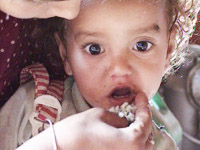

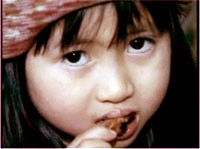
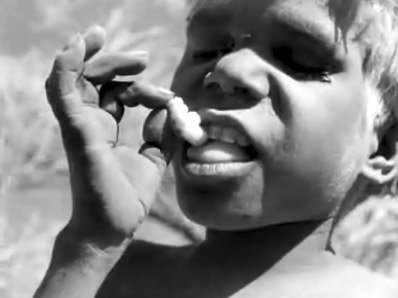
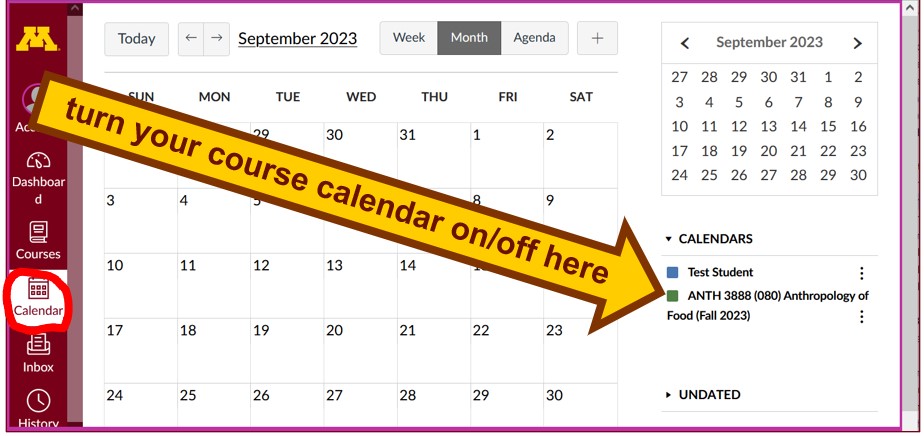
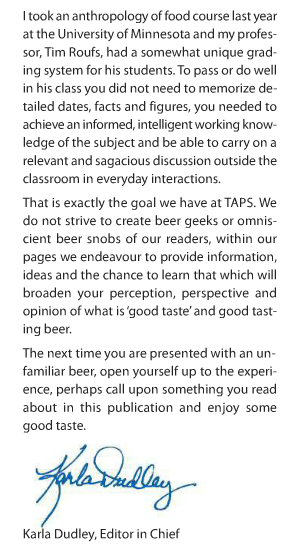
 E-mail Tim Roufs
E-mail Tim Roufs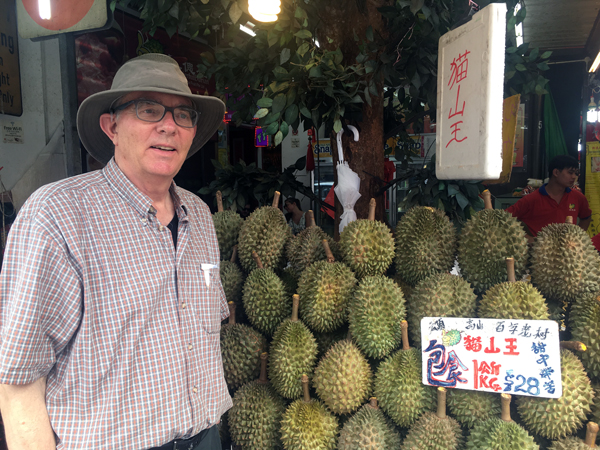
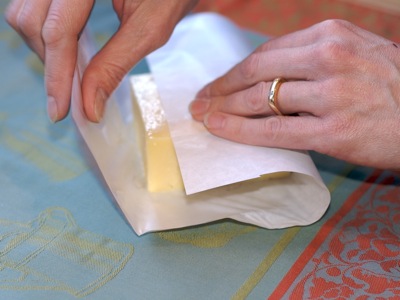
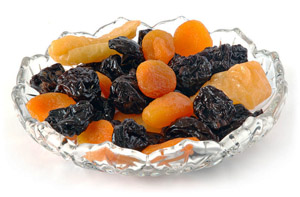
A-Z index


/ Final

/ Disclaimers
~ Main A-Z Index
